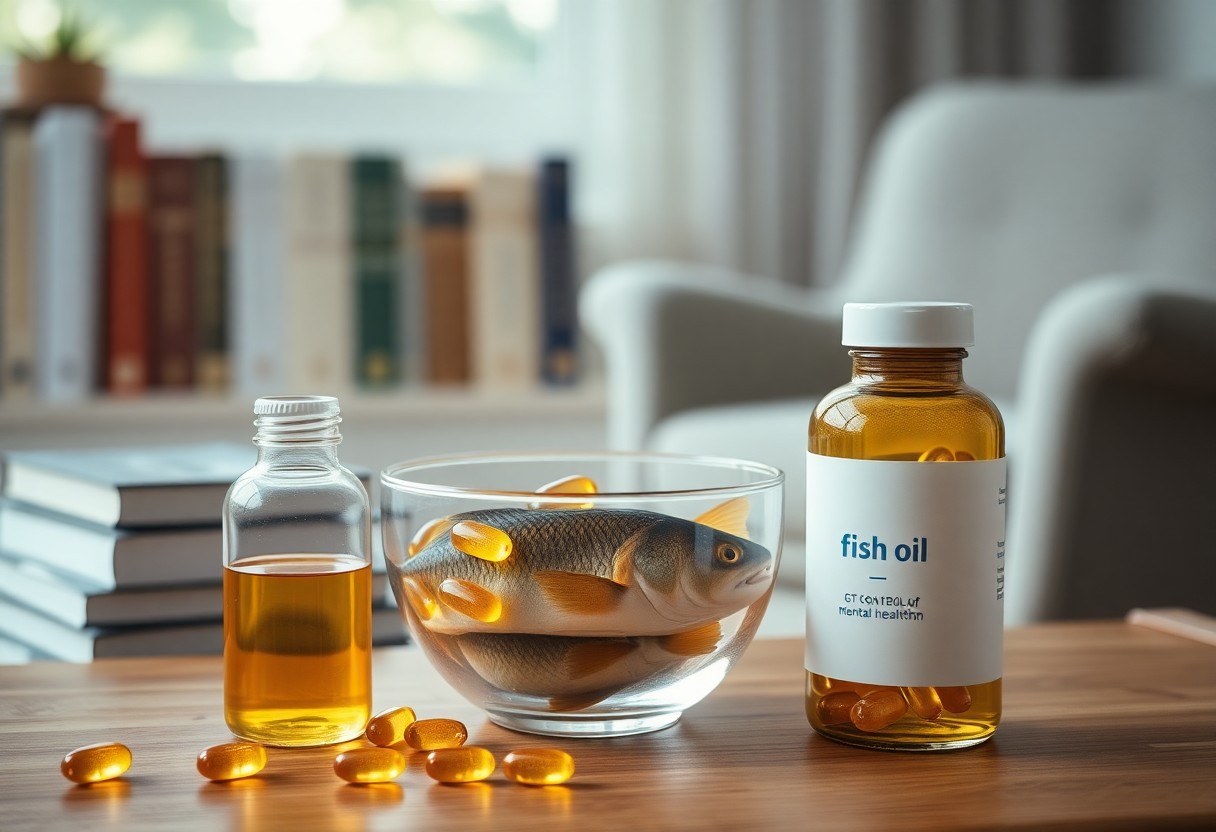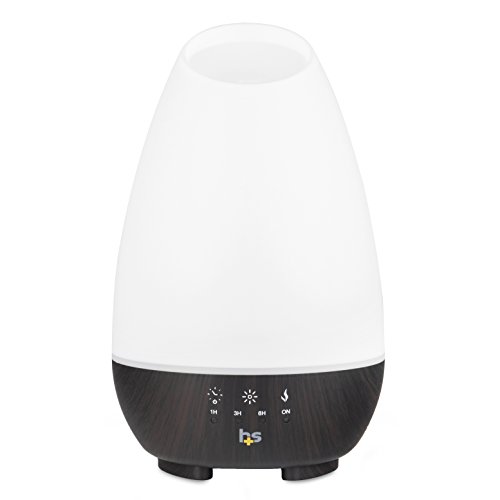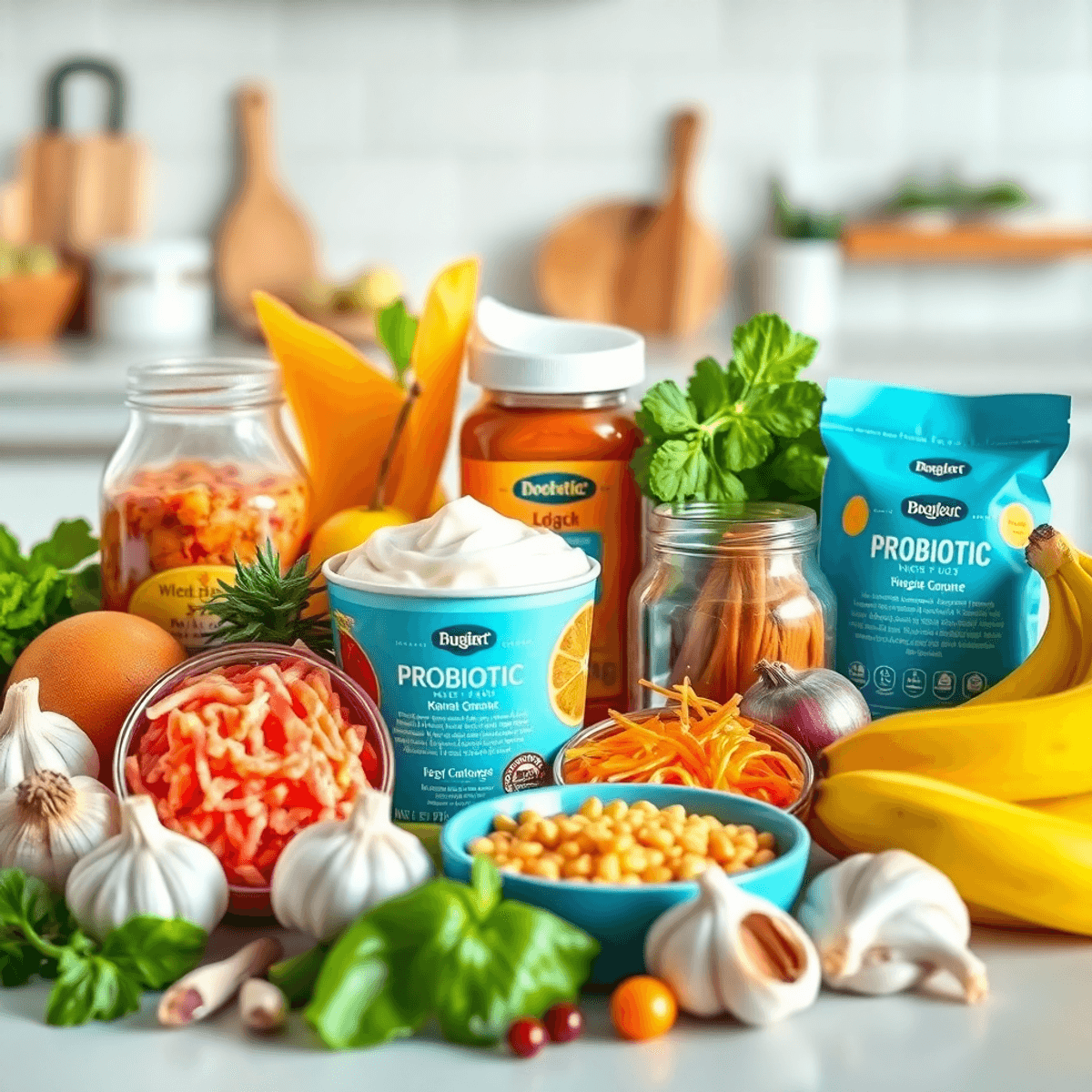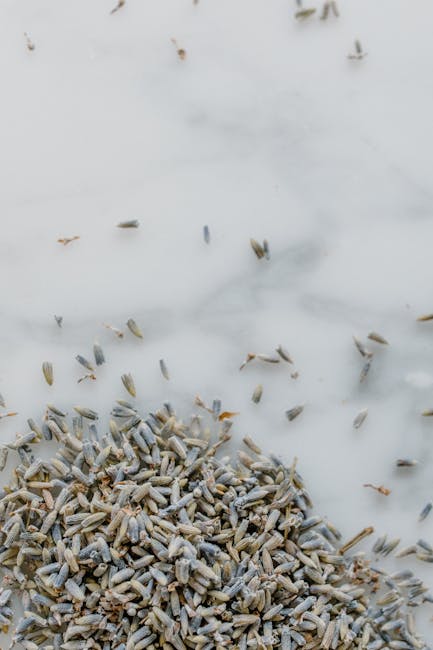Introduction
Probiotics are live microorganisms that, when consumed in appropriate quantities, provide health benefits to the host. These beneficial bacteria primarily interact with the gut microbiota—a dynamic and complex ecosystem of microorganisms residing in our gastrointestinal tract. The gut microbiota plays a crucial role in maintaining overall health by influencing metabolic functions, ensuring the integrity of the intestinal barrier, and supporting immune responses.
In this article, we will explore the importance of probiotics in promoting gut health. By positively impacting the balance of your gut microbiota, probiotics can help prevent or manage various health issues. We will discuss the science behind probiotics and explain why they are beneficial for your gut microbiota. Additionally, we will share insights on how probiotics can support your health journey.
Understanding Gut Microbiota
The gut microbiota is a complex ecosystem teeming with trillions of microorganisms, including bacteria, viruses, fungi, and protozoa. Each individual harbors a unique microbial signature that varies significantly from one person to another. This diversity is crucial, as it influences how well the gut microbiota can perform its vital functions.
Composition and Diversity
- Bacteria: Predominantly composed of bacteria, the gut hosts thousands of species. Among them, Firmicutes and Bacteroidetes are the most common phyla.
- Balance and Diversity: A diverse microbiota is often associated with a healthy gut environment. It ensures resilience against disturbances such as infections or dietary changes.
- Individual Variability: Factors like genetics, diet, age, and environment contribute to the unique composition of each person’s microbiota.
Role in Maintaining Health
These microorganisms play pivotal roles in maintaining a healthy gut environment:
- Digestive Aid: They help break down complex carbohydrates and fibers that human digestive enzymes cannot process alone.
- Barrier Function: The gut microbiota supports the integrity of the intestinal barrier, preventing harmful pathogens from entering the bloodstream.
- Immune System Modulation: By interacting with immune cells, these microbes assist in developing and regulating immune responses.
Understanding the composition and function of this intricate ecosystem highlights why maintaining a balanced gut microbiota is essential for overall health.
Understanding Dysbiosis
Dysbiosis refers to the disruption of the delicate balance within the gut microbiota. This imbalance can lead to various negative health consequences, as the harmonious relationship between beneficial and harmful microorganisms is disturbed. Health consequences associated with dysbiosis include digestive issues, increased susceptibility to infections, and even systemic conditions such as metabolic disorders and autoimmune diseases.
What Causes Dysbiosis?
Several factors contribute to dysbiosis:
- Poor Diet: A diet high in processed foods, sugars, and unhealthy fats may alter the composition of gut bacteria, reducing diversity and favoring the growth of pathogenic species.
- Stress: Psychological stress can impact gut health by altering the gut-brain axis, leading to changes in microbial composition and function.
- Antibiotics Use: While antibiotics are essential for treating bacterial infections, they can also indiscriminately kill beneficial bacteria, leading to an imbalance in the gut ecosystem.
Understanding these factors helps highlight how lifestyle choices affect gut health significantly. Maintaining a balanced microbiota is crucial for overall well-being, emphasizing the importance of strategic interventions like probiotics to restore equilibrium when dysbiosis occurs.
The Role of Probiotics in Restoring Gut Health
Probiotics are essential for restoring gut health as they help rebalance the gut microbiota. These live microorganisms, when consumed in sufficient amounts, can outcompete harmful bacteria for resources and space, creating a healthier environment in the intestines.
How Probiotics Work:
- Competition with Harmful Bacteria: Probiotics can inhibit the growth of harmful bacteria by competing with them for resources. They do this by occupying binding sites and consuming nutrients that the harmful bacteria need, making it difficult for them to survive.
- Production of Beneficial Substances: One important function of probiotics is their ability to produce substances called short-chain fatty acids (SCFAs). These SCFAs are crucial for maintaining gut health as they provide energy to the cells in the colon and help regulate the immune system.
- Modulation of the Immune Response: Probiotics can also enhance the body’s immune responses, which helps prevent infections and inflammation in the gut.
By supporting these beneficial functions, probiotics play a significant role in maintaining a healthy gut ecosystem. They not only interact directly with other microbes but also influence broader physiological processes that are vital for overall health.
This dynamic relationship highlights the importance of including probiotics in our daily diet as part of a comprehensive approach to gut health.
Health Benefits of Probiotics
Probiotics offer a wide range of health benefits, particularly when it comes to improving immune function. These live microorganisms can stimulate the production of antibodies and support the activity of specific immune cells, effectively boosting your body’s natural defenses against infections.
1. Boosting Immune Function
Probiotics can enhance your immune system by:
- Increasing the production of antibodies
- Supporting the activity of immune cells
This means that incorporating probiotics into your diet may help your body fight off infections more effectively.
2. Reducing Inflammation
Another significant benefit of probiotics is their ability to reduce inflammation in the body. By modulating the gut microbiota, probiotics can help decrease systemic inflammation, which is linked to various chronic conditions such as arthritis and cardiovascular diseases. The anti-inflammatory properties of certain probiotic strains may contribute to overall health maintenance and disease prevention.
3. Regulating Bowel Movements
Probiotics also play a crucial role in regulating bowel movements. They can alleviate symptoms of constipation and diarrhea by balancing gut microbiota composition and promoting regular bowel movements. This regulation is essential for maintaining digestive health and preventing gastrointestinal disorders.
4. Supporting Mental Health
The benefits of probiotics extend beyond digestion and immunity. Some studies suggest that probiotic consumption may be linked to improved mental health, potentially alleviating symptoms of anxiety and depression through the gut-brain axis. This means that what you eat, including the probiotics you consume, could have an impact on your mental well-being.
Incorporating probiotics into your diet could offer a holistic approach to improving your health in these areas.
The Impact of Diet on Gut Microbiota Composition and Functionality
Your dietary choices have a significant impact on the composition and functionality of your gut microbiota. Different eating patterns can greatly influence the diversity of microbes in your gut, which in turn affects its metabolic abilities.
How Different Diets Affect Gut Microbiota
Here are some ways various diets can affect the microbes living in your gut:
- High-Fiber Diets: Consuming a diet rich in fruits, vegetables, and whole grains promotes the growth of beneficial bacteria. These fibers are fermented by gut microbes to produce short-chain fatty acids (SCFAs), supporting intestinal health.
- High-Fat or High-Sugar Diets: Such diets can lead to a reduction in microbial diversity. The decrease in beneficial bacteria may increase susceptibility to metabolic disorders, highlighting the importance of balanced nutrition.
- Plant-Based Diets: Often linked with increased abundance of Bifidobacterium and Lactobacillus, these diets enhance gut health by providing prebiotic fibers that feed beneficial bacteria.
- Western Diets: Characterized by high meat, processed food, and low fiber intake, this dietary pattern is associated with a less diverse microbiome. It may contribute to dysbiosis and related health issues.
These dietary influences highlight how crucial it is to maintain a varied diet for a healthy gut microbiota. By understanding how different foods impact microbial diversity, you can make better choices to promote a balanced gut ecosystem.
Probiotics as a Promising Dietary Intervention for Gut Health Maintenance and Disease Prevention
Incorporating probiotic-rich foods into your daily diet can be an effective way to support a healthy gut microbiota. These foods, filled with live beneficial microorganisms, have the potential to positively influence intestinal microbial communities. By creating an environment where beneficial bacteria thrive, you can help maintain the delicate balance essential for gut health.
Examples of Probiotic-Rich Foods:
- Yogurt: Often contains strains like Lactobacillus acidophilus, promoting digestive health.
- Kefir: A fermented milk drink rich in diverse probiotic strains.
- Sauerkraut and Kimchi: Fermented vegetables providing a variety of probiotics along with vitamins.
- Miso and Tempeh: Fermented soy products offering both probiotics and protein.
These dietary interventions aim to strengthen your gut’s microbial population, enhancing its resilience against disruptions like infections or antibiotic use. Regular consumption of probiotics can assist in suppressing harmful bacteria while encouraging the growth of beneficial strains. This dynamic helps maintain gut barrier integrity, reducing inflammation and potentially lowering the risk of various health issues.
By including these foods in your diet, you not only nourish your gut microbiota but also promote overall well-being. Ongoing research continues to uncover more about how probiotics interact with our body systems, suggesting promising avenues for future dietary strategies focused on disease prevention and health optimization.
Future Directions in Probiotic Research: Towards Personalized Gut Microbiota Modulation Strategies
Probiotic research is advancing towards a more personalized approach, acknowledging that individual gut microbiota profiles vary significantly. Understanding which specific probiotic strains are most effective for different individuals remains a challenge. The gut microbiota’s complexity suggests that a one-size-fits-all approach may not be sufficient.
Current studies indicate that different strains of probiotics can have varied effects depending on the host’s unique microbial environment. This underscores the importance of identifying optimal strains tailored to individual needs. For instance, while Lactobacillus acidophilus may benefit one person, another might require Bifidobacterium bifidum for similar health outcomes.
Determining optimal dosages is equally crucial. The efficacy of probiotics can be dose-dependent, and higher quantities do not always guarantee better results. Identifying the right balance to maximize therapeutic benefits without causing adverse effects requires further investigation.
Administration methods also play a pivotal role in probiotic efficacy. Whether probiotics are delivered through capsules, powders, or fermented foods can influence their survival through the digestive tract and subsequent colonization success. Exploring innovative delivery formats that enhance viability and functionality is an ongoing area of research.
Future studies must address these gaps to unlock the full potential of probiotics in personalized gut health management.
Conclusion: Embracing Probiotics as Allies for a Healthy Gut Microbiota
Probiotics play a crucial role in maintaining a balanced gut microbiota, which is essential for overall health. These beneficial microorganisms help restore gut equilibrium through mechanisms like competing with harmful bacteria and producing substances that support gut integrity.
Summary Benefits:
- Enhanced Immune Function: Probiotics can boost your immune system’s efficiency.
- Improved Digestion: They aid in breaking down food and absorbing nutrients more effectively.
- Reduced Inflammation: Regular intake can help reduce systemic inflammation.
While incorporating probiotic-rich foods such as yogurt, kefir, or fermented vegetables into your diet is beneficial, it’s important to consult healthcare professionals regarding specific health concerns. The importance of ongoing research cannot be overstated; understanding the optimal strains and dosages will unlock further potential in probiotics for disease prevention and holistic well-being. Embrace probiotics as allies on your journey to a healthier lifestyle.

Discover more from NatureZen Market
Subscribe to get the latest posts sent to your email.











